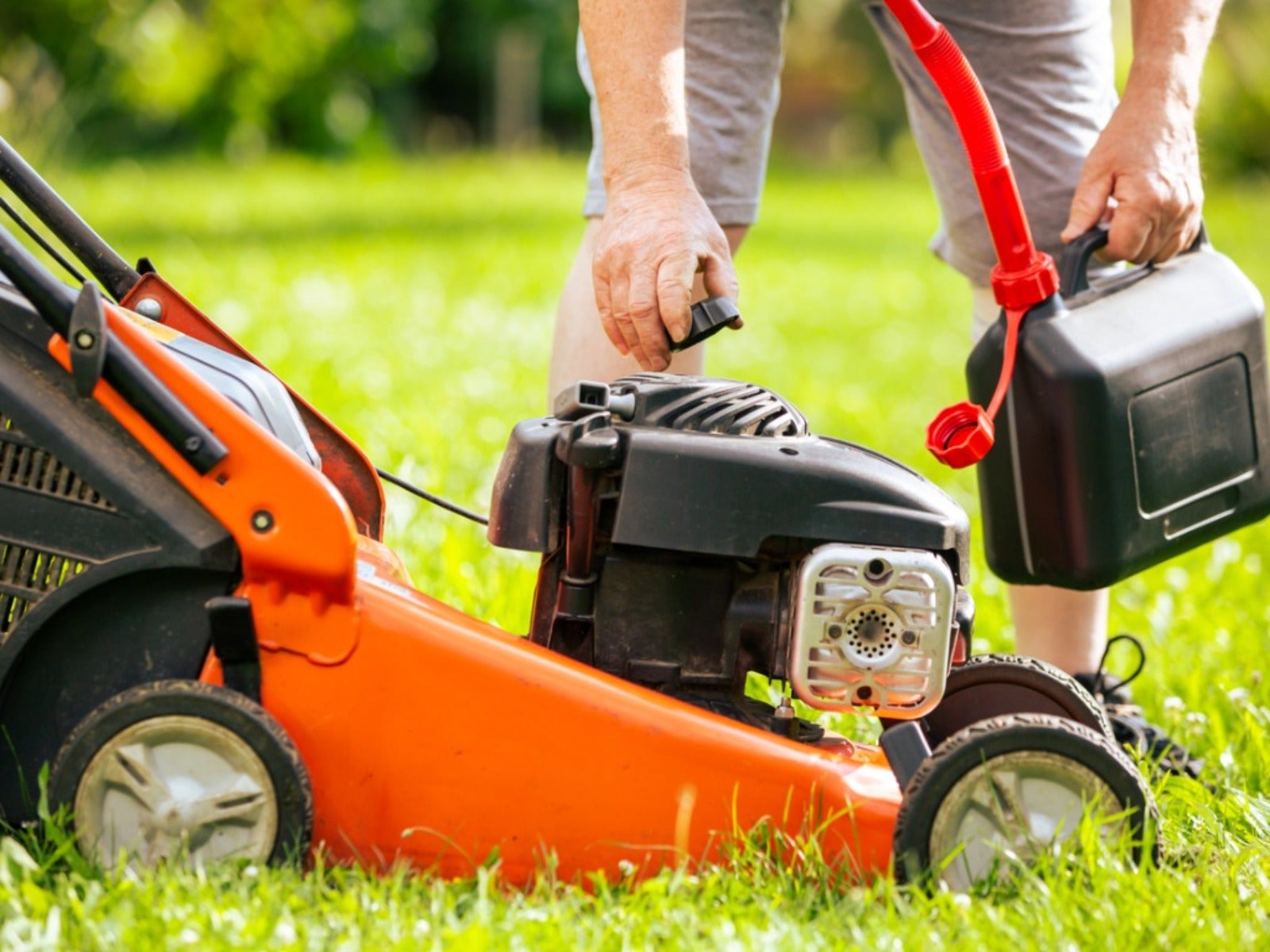The Environmental Impact Of Electric Vs. Gas Yard Tools


Sign up for the Gardening Know How newsletter today and receive a free copy of our e-book "How to Grow Delicious Tomatoes".
You are now subscribed
Your newsletter sign-up was successful
Every garden and yard needs tools. While you can use hand tools for small jobs, some jobs require more power, which leaves gardeners with a choice: gas or electric yard tools? If, like many gardeners and homeowners, you are increasingly concerned about your environmental impact, this is an important decision.
Gas Lawn Mower Emissions
Gas lawn mowers predominate, but electric mowers are becoming more popular. One of the main reasons to consider an electric lawnmower is to reduce your negative impact on the environment. Burning fossil fuels releases harmful substances into the air. These include carbon dioxide (CO2), which contributes to global warming, but also other substances that add to air pollution and local poor air quality.
There is no question that gas-powered tools produce more emissions than those powered by electricity. According to one study, the comparison is 6.2 kilograms of CO2 per acre for a gas mower versus 0.45 kilograms for an electric mower.
Another test found that a riding lawnmower emits 300 times more hydrocarbons than a small pickup truck. The reason for this drastic difference is the type of motor. Lawn tools use a two-stroke motor that requires mixing of oil and gas. When you run them, you burn oil, which produces a lot more emissions.
Vehicle manufacturers have spent decades refining engines because of regulations that limit the amount of emissions they can produce. The engines and motors used in lawn tools are not subject to the same regulations. They are old-fashioned, dirty, and polluting when compared to vehicle engines.
There is another type of emissions to think about in terms of lawnmowers. The EPA (Environmental Protection Agency) reports that refilling lawnmowers contributes to 17 million gallons of spilled gasoline every year. That gas goes into your lawn but also runs into storm drains and contributes to pollution. As careful as you might be, there is always a chance of a spill.
Electric vs. Gas Lawn Mower – Other Considerations
Emissions are not the only reason to weigh your options. Other differences are worth considering. These arguments also apply to gas leaf blower vs electric and other types of yard tools, like trimmers:
Sign up for the Gardening Know How newsletter today and receive a free copy of our e-book "How to Grow Delicious Tomatoes".
- Costs -- The initial cost of electric mowers or lawn tools is higher, but over time, they cost less to operate. Gas is much more costly than the electricity used to run the mower or to charge its batteries.
- Convenience -- There is no clear answer when it comes to convenience. Some people find it easier to fill up the tank on a gas lawnmower, while others find it more convenient to be able to plug in or recharge electric mower batteries at home. A plug-in mower can definitely be less convenient in terms of dealing with the cord. With batteries, there can be inconvenient moments when the charge runs out before you’ve finished the chore.
- Noise and Smell -- This is a big win for electric mowers and blowers. They are a lot quieter than gas tools. Also, they don’t produce the stinky emissions that are so unpleasant to be around.
Buying Eco-Friendly Lawn Equipment
If your primary concern is the environment, electric yard tools are the obvious choice. Because they can be expensive, it’s worth taking your time to do some research. Decide whether you want plug-in equipment or battery-powered tools. Look at customer reviews and warranties and how long batteries last.
If you think you might purchase more than one electric tool in the future, stick with one brand so you can use batteries interchangeably. If you’ve been using standard gas-powered mowers and tools for years, switching to electric lawn tools requires some adjustments but it is worthwhile for many reasons.

Mary Ellen Ellis has been gardening for over 20 years. With degrees in Chemistry and Biology, Mary Ellen's specialties are flowers, native plants, and herbs.